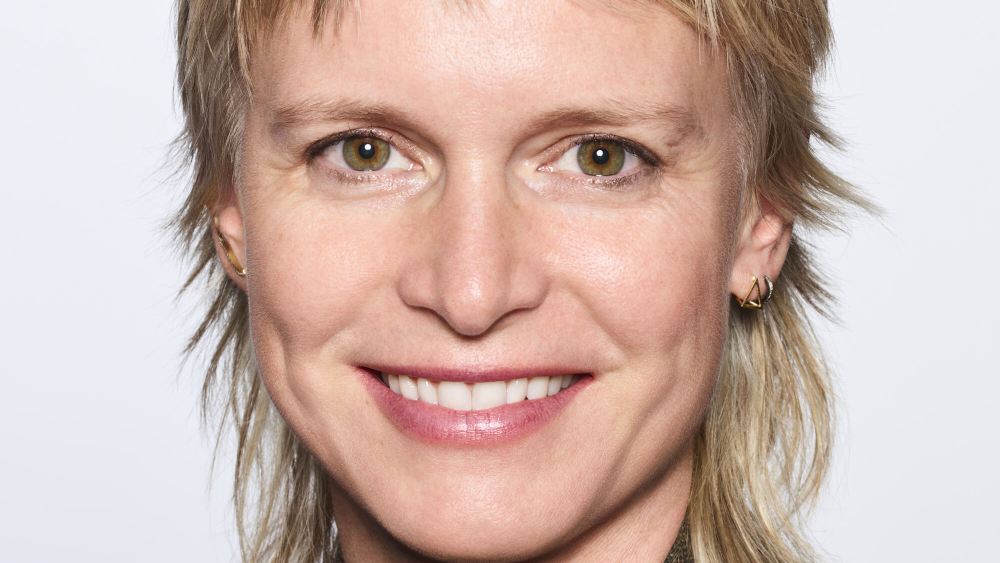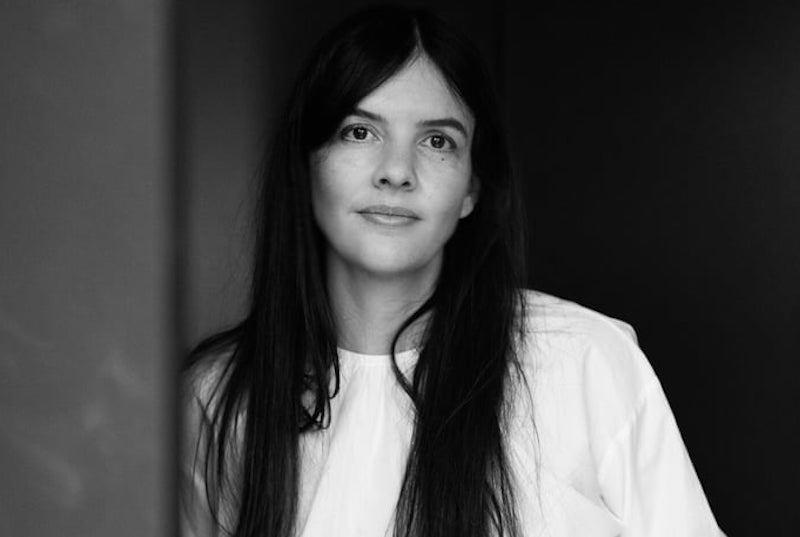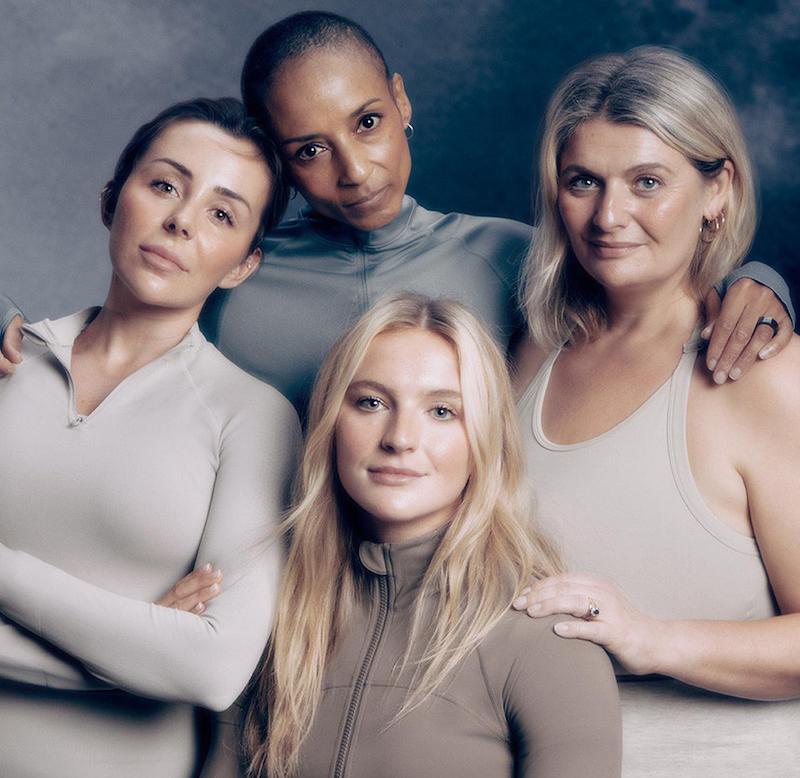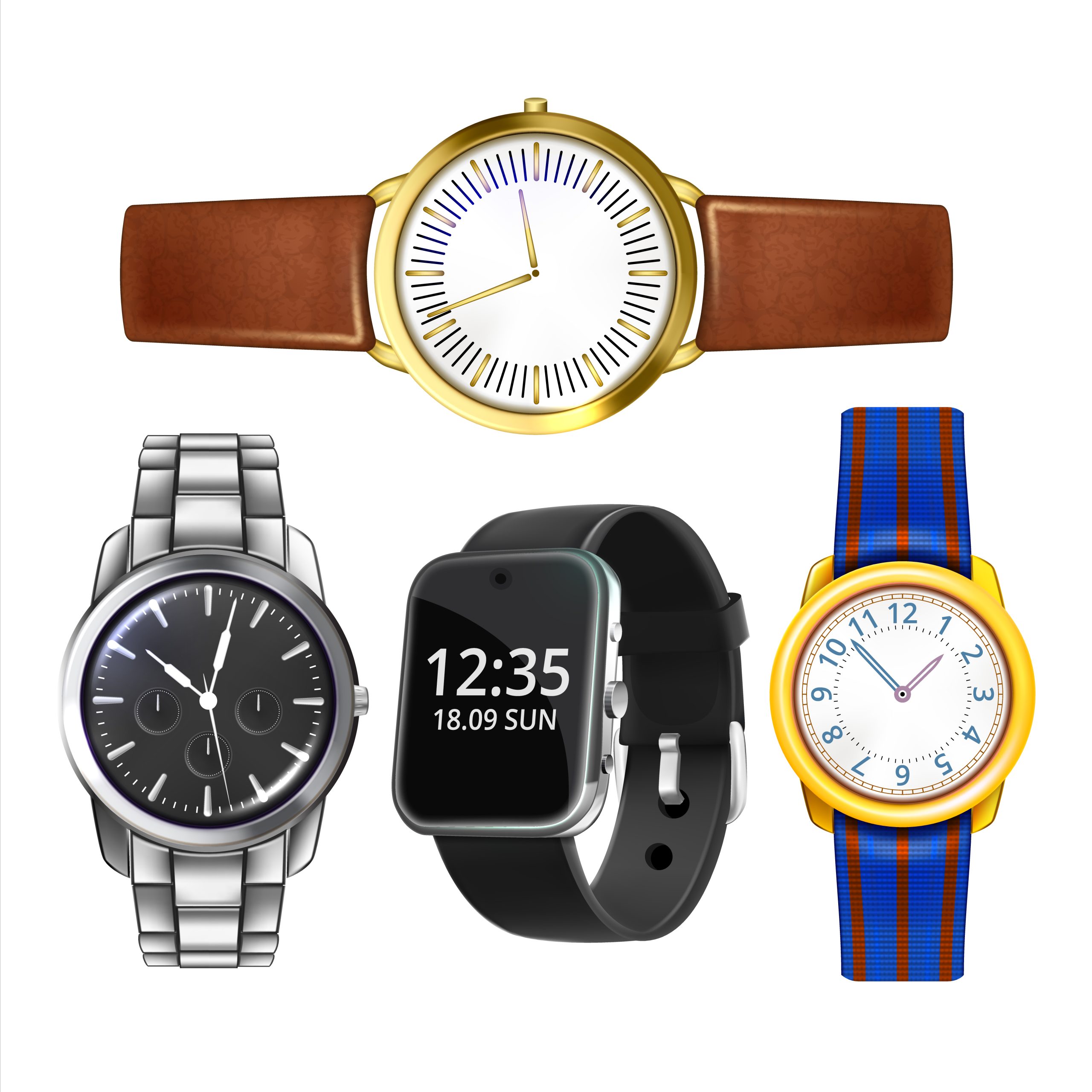Eightyards, a wholly-owned subsidiary of the Hugo Boss Group to repurpose the fashion brand’s surplus materials into new products, has launched operations from its base in Metzingen, Germany. The concept is strategically aligned with Hugo Boss’s commitment to achieving 80 percent circular products by 2030.

Hugo Boss Textile Reuse Subsidiary Eightyards Begins Operations
The creation of an independent company for the recycling and reuse of deadstock materials represents one among several steps toward climate neutrality by 2030, as part of Boss’ sustainability pledge.
Eightyards is spearheaded by former Hugo Boss employees, co-directors Markéta Miltenberger and Placido Klitzke, with the ambition to establish it as a key global facilitator for repurposing surplus materials. Miltenberger was previously vice president of product excellence outerwear, coats and leather garments at Boss and Klitzke was team leader global brand (product) management at Hugo Menswear.
“At eightyards we are customer-oriented and use-case driven. Therefore we want to open industries silos and serve overarching demands with existing materials to reduce the need for primary resources”, says Placido Klitzke.
Eightyards will focus on the core business of the reselling, reusing and up or down-cycling of surplus textiles into new products, efforts of which are already evident in Eightyard’s first projects with clients in both fashion and telecommunications. There are plans to extend the service to other material supply sources to drive cross-industry collaboration.

Eightyards is helmed by former Hugo Boss employees Markéta Miltenberger and Placido Klitzke. Image: Hugo Boss.
“By repurposing surplus fabrics, we transform unused, high-quality textiles into unique products, reducing demand for new fabrics and aim at minimising environmental impact”, explains Markéta Miltenberger. “It is more than a choice; it’s a step toward meaningful change in our industry.”
Hugo Boss first announced the establishment of Eightyards at the close of 2024, stating at the time that its development was “strategically aligned” with a “commitment to environmentally and resource-friendly production processes”. It reflects what Hugo Boss CEO, Daniel Grieder, said was another step in the group’s “journey to shape a more sustainable future”, building on initiatives utilising data-driven insights that are already in place to “enhance efficiencies across our value chain”.
RELATED CONTENT
HUGO BOSS Rolls Out AI-Powered Content For Better Consumer Experience
Stephan Sturm To Take Over As Chairman Of Hugo Boss Supervisory Board
HUGO BOSS CLAIM 5 Strategy
HUGO BOSS views sustainability as an integral element of its business activities. In line with a commitment to support creating a planet free of waste and pollution, living up to social and societal expectations, and practicing responsible corporate governance, the team developed its new Sustainability Strategy in 2023, focusing on five key pillars and their targets —:
- Increase circularity by extending the longevity of products, closing material loops, and prioritising the use of recycled and renewable materials.
- Drive digitisation and data analytics with the target to develop over 90 percent of their products digitally by 2025.
- Leverage nature-positive materials by harnessing the immense potential of regenerative farming through closed-loop recycling by 2030.
- Fight micro-plastic by completely phasing out polyester and nylon in their products by 2030.
- Push zero emissions, with the target of achieving complete zero emission by 2050
Jasmeen Dugal is Associate Editor at FashionABC, contributing her insights on fashion, technology, and sustainability. She brings with herself more than two decades of editorial experience, working for national newspapers and luxury magazines in India.
Jasmeen Dugal has worked with exchange4media as a senior writer contributing articles on the country’s advertising and marketing movements, and then with Condenast India as Net Editor where she helmed Vogue India’s official website in terms of design, layout and daily content. Besides this, she is also an entrepreneur running her own luxury portal, Explosivefashion, which highlights the latest in luxury fashion and hospitality.








